All Erasmus+ courses on: Active Citizenship
 SI.1.CLIM
SI.1.CLIM
Develop an understanding of the main concepts and issues related to ecology through reflection on the role of education in promoting environmental awareness.
 SI.1.GCE
SI.1.GCE
Deepen your knowledge about issues connected to climate change and incorporate these themes into your teaching. Develop practical strategies and create projects involving the entire school.
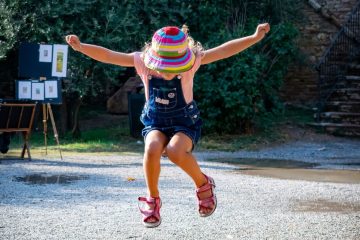 SI.1.ESC
SI.1.ESC
Discover how to create a completely inclusive environment tailored for multicultural, mixed-ability classrooms comprised of students with various educational needs.
 CLA.1.DEE
CLA.1.DEE
Discover new strategies to manage the classroom and help the students understand each other by encouraging respect and empathy to build positive relations.
 TM.1.HER
TM.1.HER
Find out how to promote and transmit a sense of European identity and social inclusion by discovering the importance and value of cultural heritage. Learn how different identities can enrich each other.
 SI.1.AGE
SI.1.AGE
Discover a selection of global goals from the UN’s 2030 Agenda for Sustainable Development in the classroom with the support of digital technologies.
 CLA.1.MULT
CLA.1.MULT
Acquire crucial knowledge on competence and awareness necessary in a multicultural classroom by discovering how to appreciate diversity and how to communicate successfully and appropriately in a diverse context.
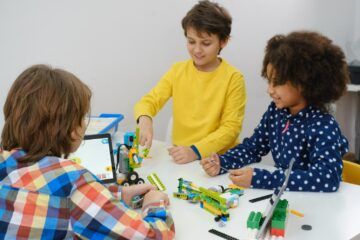 ICT.1.6CS
ICT.1.6CS
Explore AI tools that enhance teaching and learning in the context of the 6Cs. Create a collaborative, inclusive, and digitally-enhanced learning environment.
 ICT.1.DCI
ICT.1.DCI
Acquire an awareness of the morality and consequences of your own online activities, therefore developing the capacity to enhance digital literacy in the classroom.
 SI.1.JUST
SI.1.JUST
Discover different forms of inequality and their chain of circumstances. Explore how Global Citizenship Education (GCE) can be used as an instrument to promote equal economic, political, and social rights and opportunities.
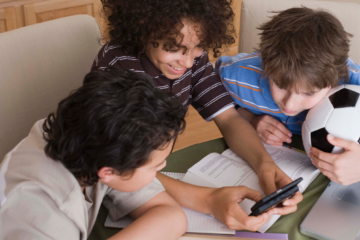 TM.1.GAMY
TM.1.GAMY
Discover game-based learning and its benefits and explore three powerful tools for gamification: Minecraft, gamebooks and interactive fiction, and treasure hunts.
 SI.1.GLE
SI.1.GLE
Gain a practical understanding of the basic principles of Global Education and learn to design educational activities based on its pillars.
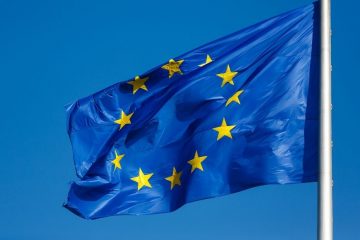 SI.1.EUR
SI.1.EUR
Develop practical expertise on EU funding and learn how to structure a clear project proposal to secure it. Discover new ways of communicating the needs of the school or organization, and learn how to write a coherent European Development Plan.
 SI.1.ROO
SI.1.ROO
Explore Ancient Greek democracy and its influence on modern societies and lifestyles. Reflect on current values and principles within the EU and discover strategies to empower students as active members of society.
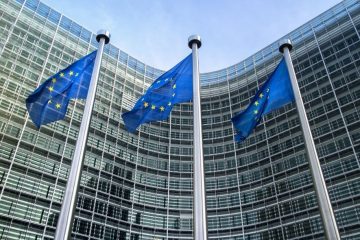 SI.1.DLEU
SI.1.DLEU
Explore the fundamentals of the rights as an EU citizen and discover to the notion of democratic life. Examine the UN Convention of the Rights of the Child, to teach your students their rights and duties as citizens of the Union.
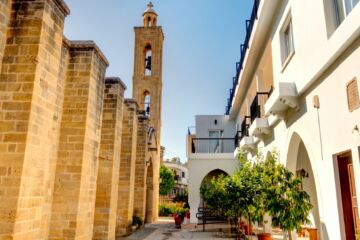 ART.1.CYP
ART.1.CYP
Discover Cyprus' rich cultural heritage, fostering understanding and appreciation of European values. Learn to foster mutual understanding and unity within educational environments.
 TM.1.WILD
TM.1.WILD
Learn how to use movies in the classroom to raise discussion and awareness of environmental issues and challenges and what to do to promote action.
 CSS.1.DRP
CSS.1.DRP
Explore the concept of drama pedagogy as a response to the pressure for students to become responsible citizens of tomorrow’s democratic society. Use drama conventions in educational contexts.
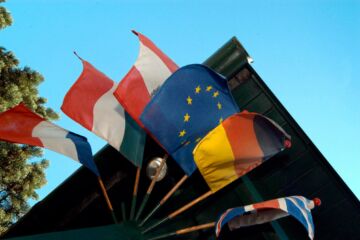 SI.1.FSTE
SI.1.FSTE
Take the first steps in the Erasmus+ program, gaining an understanding of its core values and principles. Explore key topics, including founding principles and priorities, and develop the skills required to plan and write successful Erasmus+ projects.
 CSS.1.NEWS
CSS.1.NEWS
Learn how to navigate the news with a critical thinking approach and recognize biases in journalism. Confidently read and understand news, while implementing classroom activities to engage students in current topics.
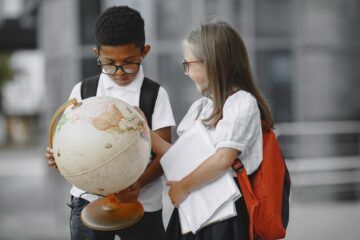 SI.1.AMB
SI.1.AMB
Integrate the development of competencies for democratic culture and intercultural dialogue into their school mission. Identify the values, attitudes, skills, knowledge, and critical understanding, the four pillars of the CDC model.
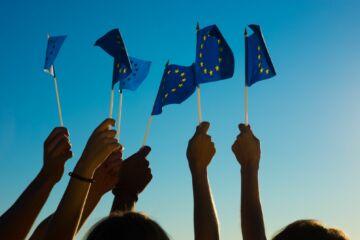 LANG.1.CLEU
LANG.1.CLEU
Learn how to use CLIL effectively to integrate EU-related topics into your curriculum. Gain experience with how to create new content for the classroom with authentic materials about the European Union.
 TM.1.EMPG
TM.1.EMPG
Discover effective techniques to learn how to create a more inclusive and equitable classroom environment, where girls can express their full potential.
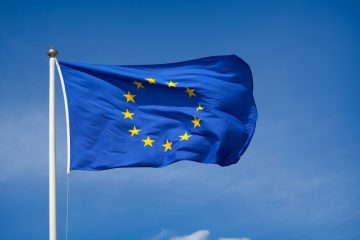 SI.1.EUE
SI.1.EUE
Acquire an understanding of the EU’s mission and objectives, and explore an array of learning materials to use in the classroom. Become familiar with the most relevant EU programs and how students can profit from them.
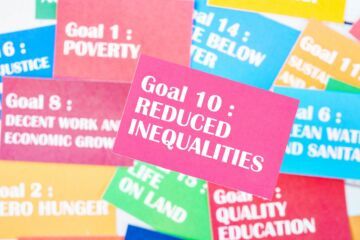 SI.1.GLOP
SI.1.GLOP
Acquire tools and knowledge necessary to integrate the United Nations' Sustainable Development Goals into impactful school projects. Develop the skills to structure PBL plans that foster global responsibility.

 TM.1.ONCE
TM.1.ONCE
Explore how holidays can serve as a tool for fostering cross-cultural understanding, utilizing digital tools, GBL, and PBL methodologies to immerse yourself in diverse cultures and traditions.
 CLA.1.DEPA
CLA.1.DEPA
Learn different strategies and techniques to enhance individual and collective responsibility, increase motivation, collaboration, and inclusion among the learners, and educate them to promote active participation and social change.
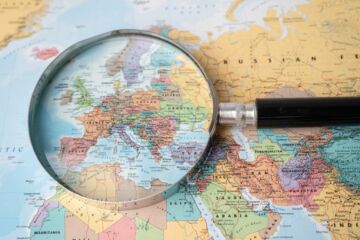 SI.1.EUCT
SI.1.EUCT
Discover the values and principles of each EU institution to integrate them in the classroom and school activities. Develop critical thinking and civic skills to promote a sense of European Citizenship and identity in the school community.
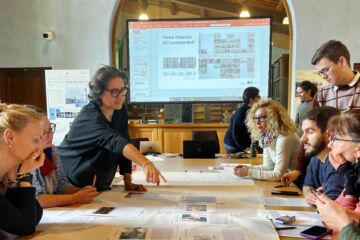 SI.1.TEUI
SI.1.TEUI
Introduce the concept of European identity at school using cultural heritage education. Explore the historical archives of the E U and discover an infinite heritage of stories to engage and motivate learners in a multicultural environment.
 LANG.1.BOTH
LANG.1.BOTH
Explore an array of methods, approaches, and teaching strategies to incorporate culture into the curriculum. Realize the importance of shifting the teaching objectives between language and culture.
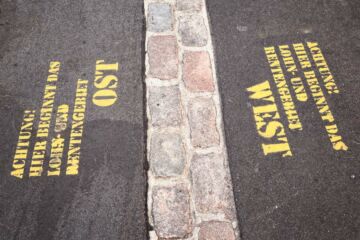 SI.1.WALL
SI.1.WALL
Gain insights into Berlin's divided history, including the impact of the Berlin Wall and the GDR. Learn how to incorporate this history into your teaching, using innovative methods, emphasizing democratic values and the prevention of totalitarian regimes.
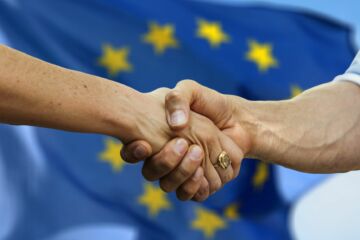 SI.1.ACC
SI.1.ACC
Fully exploit the accreditation to enhance the quality of your school. Acquire practical skills in participant selection, budget allocation, choosing relevant courses abroad, and managing the project from beginning to end.

 SI.1.BELF
SI.1.BELF
Dive into Ireland's long history of division and explore how Brexit has affected its relationship with the EU. Experience the differences between the Republic and Northern Ireland firsthand through a full-day trip to Belfast and other excursions.
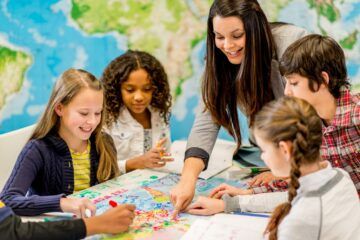 CLA.1.UNDI
CLA.1.UNDI
Gain a deep understanding of European cultural diversity and social inclusion principles. Develop effective intercultural communication skills tailored to a diverse educational context.

 SI.1.VLB
SI.1.VLB
Help students understand the world critically, making your schools more inclusive, culturally aware, and socially responsible. Activate students as resources of learning for one another to foster values such as inclusion and respect.
 CSS.1.WORK
CSS.1.WORK
Explore various strategies and techniques of group work inspired by the founders of contemporary pedagogy. Discover the effectiveness of cooperative education in bringing students closer to democracy through collaborative efforts with their peers.
 SI.1.CLIM
SI.1.CLIM
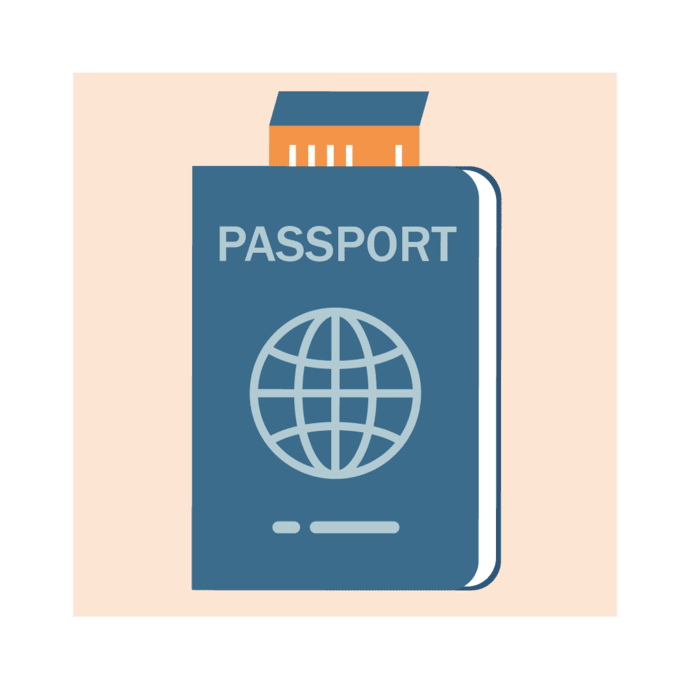
 SI.1.CLIM
SI.1.CLIM
 SI.1.GCE
SI.1.GCE
 SI.1.ESC
SI.1.ESC
 CLA.1.DEE
CLA.1.DEE
 TM.1.HER
TM.1.HER
 SI.1.AGE
SI.1.AGE
 CLA.1.MULT
CLA.1.MULT
 ICT.1.6CS
ICT.1.6CS
 ICT.1.DCI
ICT.1.DCI
 SI.1.JUST
SI.1.JUST
 TM.1.GAMY
TM.1.GAMY
 SI.1.GLE
SI.1.GLE
 SI.1.EUR
SI.1.EUR
 SI.1.ROO
SI.1.ROO
 SI.1.DLEU
SI.1.DLEU
 ART.1.CYP
ART.1.CYP
 TM.1.WILD
TM.1.WILD
 CSS.1.DRP
CSS.1.DRP
 SI.1.FSTE
SI.1.FSTE
 CSS.1.NEWS
CSS.1.NEWS
 SI.1.AMB
SI.1.AMB
 LANG.1.CLEU
LANG.1.CLEU
 TM.1.EMPG
TM.1.EMPG
 SI.1.EUE
SI.1.EUE
 SI.1.GLOP
SI.1.GLOP

 TM.1.ONCE
TM.1.ONCE
 CLA.1.DEPA
CLA.1.DEPA
 SI.1.EUCT
SI.1.EUCT
 SI.1.TEUI
SI.1.TEUI
 LANG.1.BOTH
LANG.1.BOTH
 SI.1.WALL
SI.1.WALL
 SI.1.ACC
SI.1.ACC

 SI.1.BELF
SI.1.BELF
 CLA.1.UNDI
CLA.1.UNDI

 SI.1.VLB
SI.1.VLB
 CSS.1.WORK
CSS.1.WORK